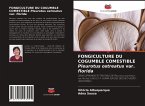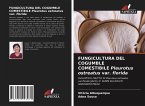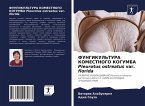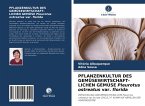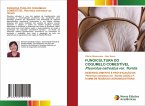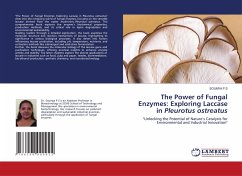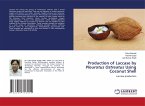Pleurotus ostreatus is one of the most produced and commercialized basidiomycetes species nowadays. They are classified as primary saprobes because they degrade a diversity of lignocellulosic materials commonly found and, in recent decades, researches have been conducted with species of the genus, aiming to improve and adapt the cultivation in recycled organic matter, aiming the optimization and reduction of production costs. Thus, this study aimed to evaluate the development of mycelium and fruiting of the edible mushroom P. ostreatus var. florida in different agroindustrial wastes, seeking an increase in production and quality, as well as adding value to agroindustry by-products from the Paraíba-PB region, Brazil.
Bitte wählen Sie Ihr Anliegen aus.
Rechnungen
Retourenschein anfordern
Bestellstatus
Storno


